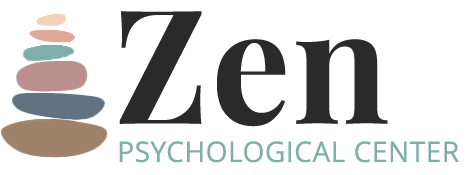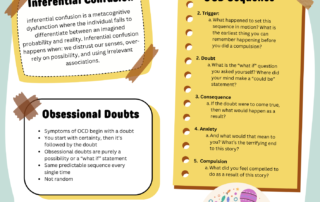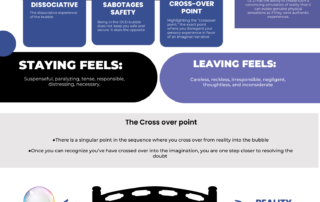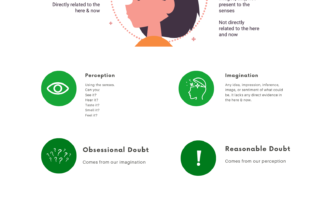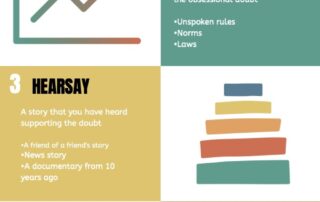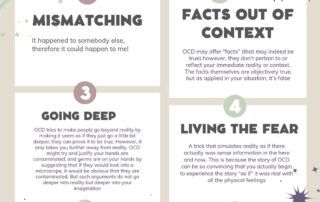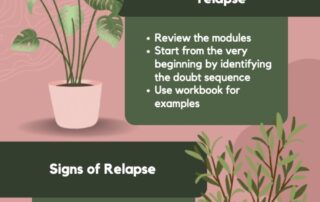I-CBT On Demand Training
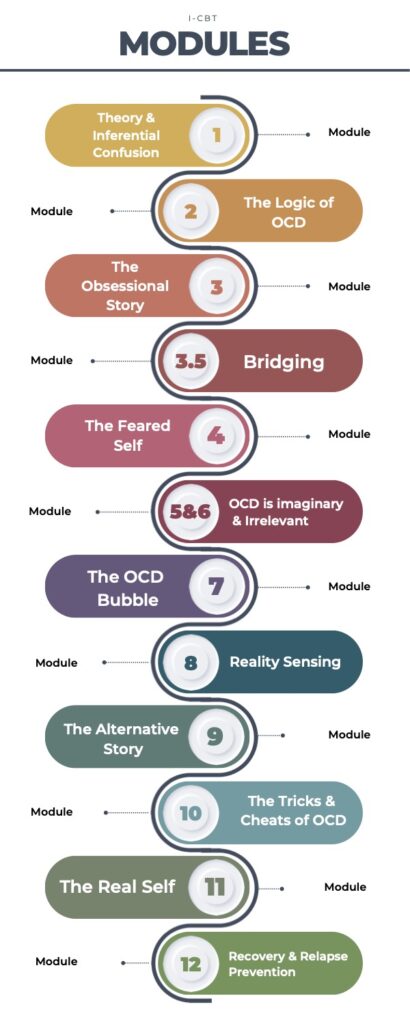
The course is composed of 12 comprehensive modules that not only cover the theory behind I-CBT but also provide detailed, hands-on strategies in for its practical application. Each module offers valuable insights into the nuances of I-CBT and showcases real-world scenarios to better connect theory with practice. In addition to providing a rich, comprehensive understanding of this transformative treatment approach, the course also seeks to build a bridge between knowledge acquisition and its practical application. Upon completion, you will be well-prepared to seamlessly integrate I-CBT into your practice, enhancing the quality and depth of the support you offer to your clients.
I-CBT is an evidenced based approach to treating OCD. This training is for clinicians that are looking to expand their toolbox treating Obsessive-compulsive disorder. This can be used in conjunction to other therapies such as Exposure and Response Prevention therapy (ERP) and Acceptance and Commitment Therapy (ACT) or as a stand alone treatment. This training is great for clinicians who treat:
1. Clients that have lingering rumination after completing ERP
2. Clients that are still getting hooked on their OCD stories
3. Clients who’s OCD symptoms don’t respond to ERP
4. Clients that wish to chose an alternative path to treatment that doesn’t involve exposures
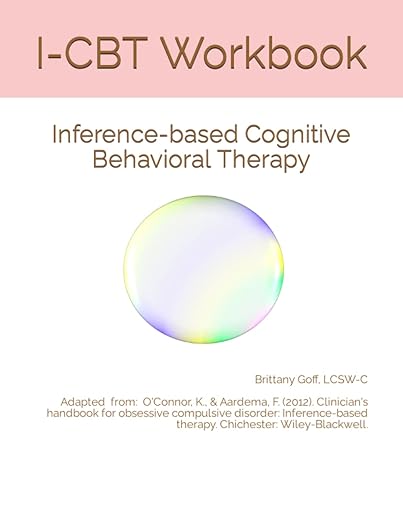 An important feature of this training is the inclusion of a copy of the I-CBT workbook. This essential resource will serve as a step-by-step guide, helping you navigate the complexities of I-CBT with confidence. It offers valuable exercises and prompts that can be used directly with your clients, further enriching their therapy sessions.
An important feature of this training is the inclusion of a copy of the I-CBT workbook. This essential resource will serve as a step-by-step guide, helping you navigate the complexities of I-CBT with confidence. It offers valuable exercises and prompts that can be used directly with your clients, further enriching their therapy sessions.
You can also purchase the workbook separate here
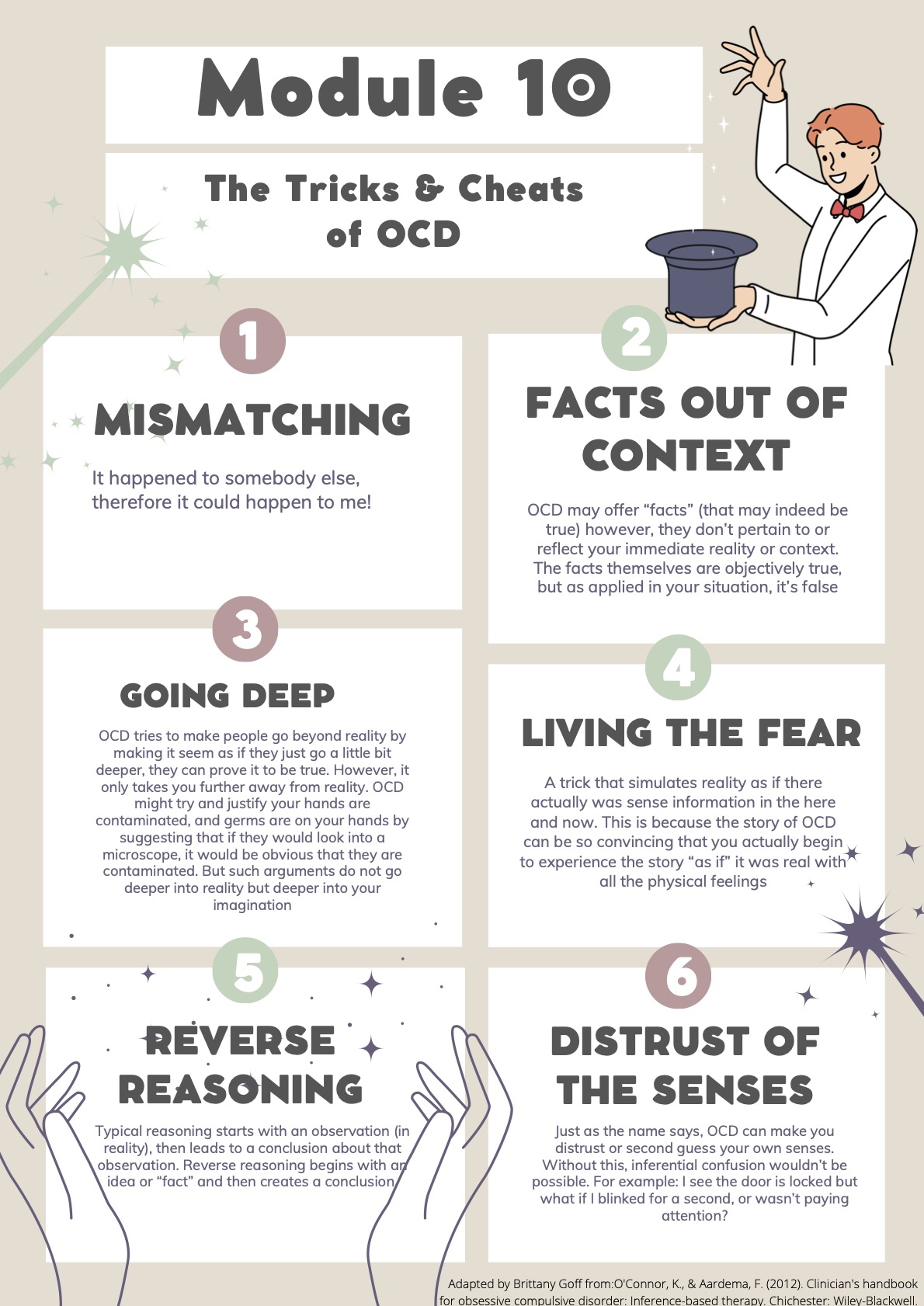 Furthermore, the course also includes a set of customized slides designed for use with your clients. These visually engaging and informative slides serve as an excellent tool for explaining the intricate concepts of I-CBT, facilitating better understanding and collaboration between you and your clients.
Furthermore, the course also includes a set of customized slides designed for use with your clients. These visually engaging and informative slides serve as an excellent tool for explaining the intricate concepts of I-CBT, facilitating better understanding and collaboration between you and your clients.
Whats Included
How Does I-CBT Compare to Other Treatments?

